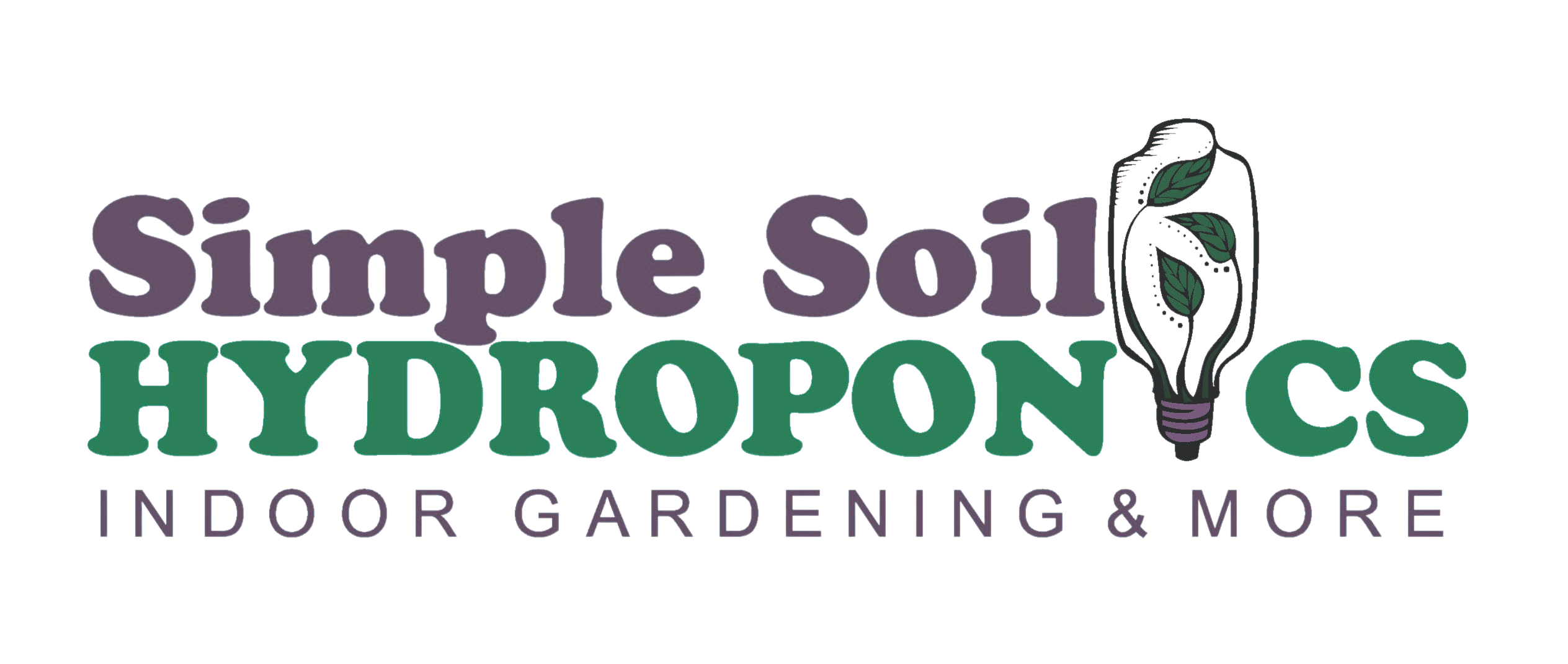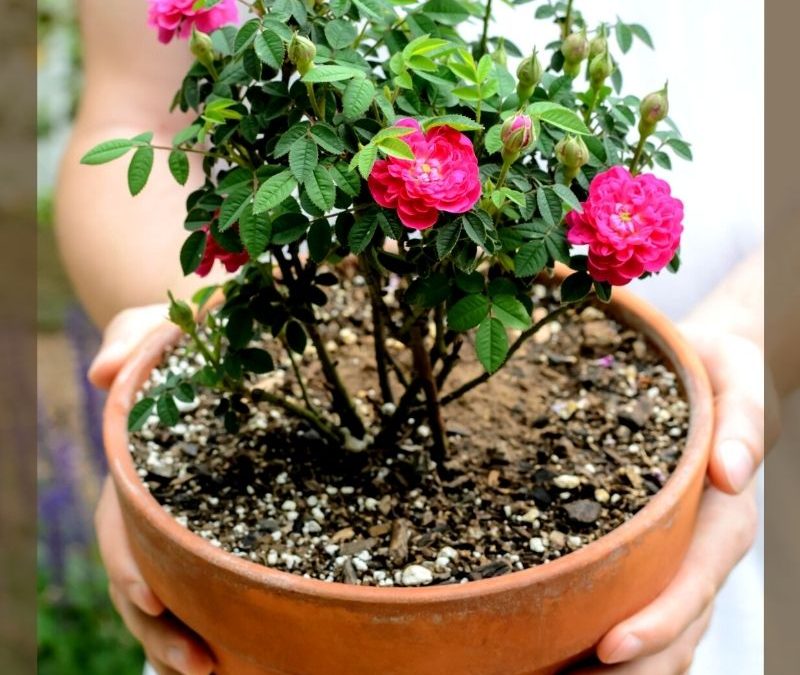Container gardening can add appeal to any outdoor area with beautiful foliage and flowers to add ambience to any deck or patio. Container gardening also serves a practical purpose and provides a means for gardeners to grow a variety of vegetables or herbs for those with limited yard space. You can start a container garden just about anywhere, in a small patch of yard, on a balcony, a windowsill or anywhere you can provide the right lighting and nutrients.
Creating a garden in various containers allows for the versatility to grow flowers, vegetables, or herbs. Many vegetables such as tomatoes and herbs like thyme, basil, chives, cilantro, and others can grow happily in a pot. Here are some tips to follow if you are considering container gardening:
Plants grow easier in larger containers versus smaller pots. Large pots can hold more soil which helps to resist rapid fluctuations in temperature and stays moist longer. Smaller pots and especially hanging baskets are prone to drying out on hot summer days and could require watering twice a day to keep from drying out.
Drainage holes in containers are essential. Whichever type of pot you choose, drainage holes are necessary to allow excess water to escape and prevent plants from getting waterlogged and dying. Self-watering pots are useful for smaller plants that require frequent watering.
Provide the right amount of light. It can be easy to overestimate the amount of sunlight you get in a certain area. Vegetables like peppers and tomatoes require full sun, which is at least six hours of direct sunlight daily. Check the location where you want to place your containers from sunrise to sundown at least every 30 minutes throughout the day. Confirm the amount of direct sunlight that hits the desired location of your container garden and make notes as to whether it is full or partial sun. Using a sunlight calculator will give you an accurate assessment of accumulated sunlight falling on a specific area.
Too much sun and heat may not be good either and could cause your plants to overheat. You can avoid using dark-colored or metal containers as they can become very hot, and you may need to shade your plants during part of the hot afternoon sun. Most vegetables do not like cold soil, however, so using containers allows you to keep your vegetables indoors until you have reliably warm weather. For many plants, the soil should be at least 60° F.
Water your container garden without drowning your plants. You want to keep the soil moist without it being soaking wet. You can stick your finger about an inch down into the soil to see if it feels dry. Watering regularly is critical and the most important high maintenance task of container gardening.
Use quality potting soil. Using quality soil in your containers is particularly important no matter what you are growing. The horticulture experts at Simple Soil Hydroponics can help you to choose the best type of soil for your type of plants. Make sure that you do not use soil from an outdoor garden as you run the risk of bringing in soilborne diseases and pests.
Know the weight limits. If you make a raised container garden, make sure you know the weight limits for your balcony, deck, windowsill, or patio. Pots get a lot heavier when you fill them with soil. Depending on the size and location of your pots it may be easier to place them where you want them before you fill them up. Just make sure you do not go over the weight limit that your structure will hold.
Simple Soil Hydroponics offers a wide selection of quality potting soils in your favorite brand names and with organic nutrients. We offer all the gardening and hydroponic growing supplies that you need to get started or enhance your garden. Contact us with any questions and for more expert tips on container gardening.

